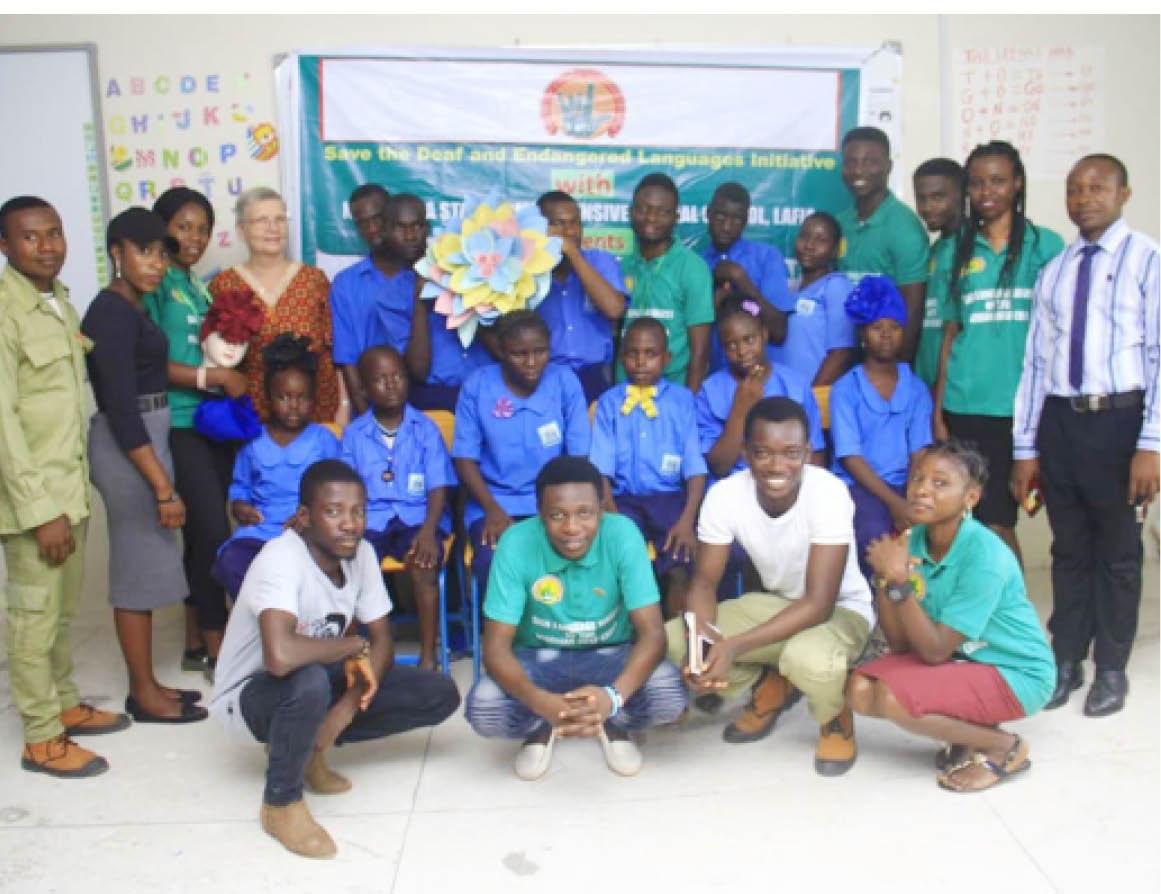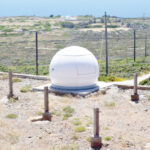Seventy-five per cent of deaf children in Nigeria do not have access to sign language until they get to school, an official of Save the Deaf and Endangered Languages Initiative (SDELI), Dr Emma Asonye, has said.
He spoke on the occasion of the International Day of Sign Languages (IDSL) at the Special School Lafia, Nasarawa State.
“The average age of getting into school is 7-8 years. This is because most Nigerian deaf children are born into hearing families.
“Parents often go through a lot of processes trying to make the deafness go away before they accept it. Because deafness is considered a disability, no parent wants a child with disability in their home. Not without a fight to change it,” he said.
According to him, deafness is no longer considered a disability in some other countries. This is because deafness introduces a person to a different way of communication – the sign language as opposed to spoken language.
On the challenges to sign language rights in Nigeria, he said “As hearing children are exposed to spoken language and verbal communication from birth, deaf children should be exposed to sign language at birth. But this is not the experience of so many deaf children in our society because of parents’ ignorance to sign language.
“Up to 95% of deaf children in Nigeria are born by hearing parents that have little or no knowledge of sign language.”
Dr Asonye said the denial and rejection of deafness and the social stigma attached to deafness make it difficult for most parents to accept the fact that their child would not hear for the rest of his or her life.
“Parents are further deceived by prayer houses and miracle working religious groups as they spend years seeking a cure for deafness and non-recognition of the indigenous sign languages in the child’s environment,” he added.
He said sign language rights for Nigerian deaf children can be a reality if early access to sign language can be created for them through early intervention programme and if indigenous sign languages are documented and developed.
In her remarks, the head teacher of the school, Mrs Bearbel Jaja, called on parents and guardians in the state to avail themselves of the opportunity of the availability of the Special School and enroll their children and wards who have sight, hearing, physical or any of the deformities as experts are available to train and educate them respectively.
Many parents, guardians, educationists, and pupils attended the event.




